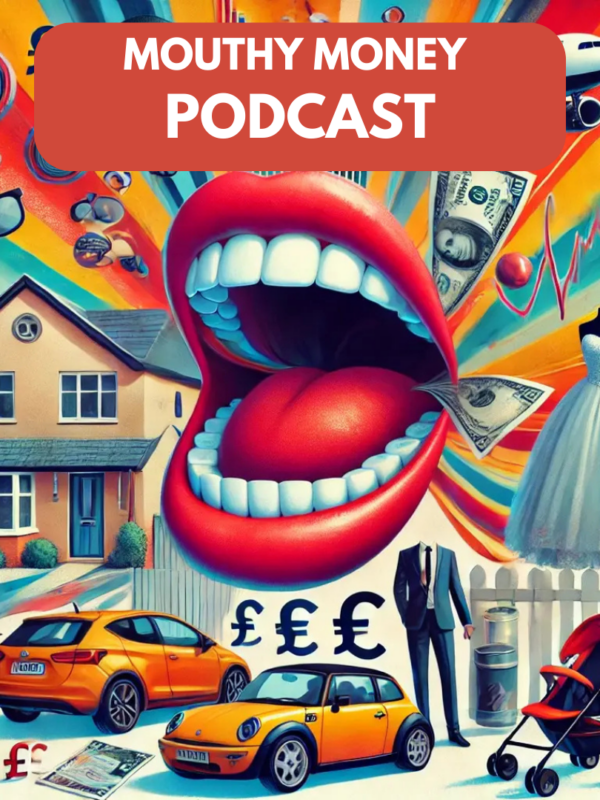No money topic is too big or too small. Welcome to the Mouthy Money Podcast,…
Read More →

No money topic is too big or too small. Welcome to the Mouthy Money Podcast,…
Read More →
Welcome to Mouthy Money Competitions! We offer regular personal finance book, and other special competitions, to readers.
Read More →

Tolu Frimpong reveals how debt can crush confidence but inspires with tips to reclaim self-worth…
Read More →
Tolu Frimpong shares how to support loved ones in debt with care, offering encouragement, resources,…
Read More →
Nick Daws explains how you can make extra money by renting a room Today I’m…
Read More →
Nick Daws highlights the importance of checking your tax code to avoid overpaying or underpaying…
Read More →
Valentine’s Day is just around the corner, but love doesn’t have to cost a fortune!…
Read More →
Tolu Frimpong offers a quick guide on how to strike the perfect balance between paying…
Read More →
If you’re planning a trip around Europe this year, Nick Daws recommends bringing a Global…
Read More →
DeepSeek has scared the bejesus out of markets this week. Mouthy Money editor Edmund Greaves…
Read More →Copyright @ 2017 Mouthy Media LTD, All Rights Reserved. Cookie and Privacy Policy & Comments Policy. Designed by Buck Studio. Company registration number 10880346.